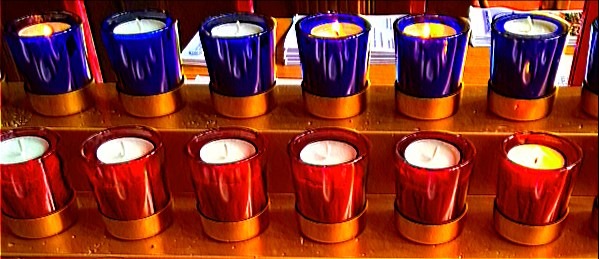
Mid-September and Sirius, the brightest star, the “Dog Star”, is in the south-eastern sky. From my little patio, I see it at 5 AM rising over a peaked roof across Clarence street.
I like the dark, don’t mind the days getting shorter, there is charity under this blanket. But I feel the impermanence it announces, feel it acutely in my attempts at creating something of enduring value.
The day arrives in brilliance and sorrow and worry. How do you stop that? There is no remedy for sorrow. It is inextricably sewn into the dawn. As is beauty. As is brilliance.
And but for beauty and brilliance there would be no sorrow. Just as the slightest taste of love dooms you—forever defenceless to suffering. Just as a moment of well being gives pain its penetrating sting.
There is a bird in the pear trees next door that begins to sing at six o’clock. I haven’t identified it, it remains a mystery but the song is full of divinity. I only know this because I’ve heard birds before; I’ve heard birds on different continents, heard magnificent songs; and now mornings without bird song seem a complete waste—can very well wreck a day.
Sunday I darkened the door of a church—it’s been a while. I happened to sit beside a lady with what I’m guessing is a mild form of Down Syndrome. She kept getting lost during the singing, paging through the few sheets of large-print songs provided for her. Each time I helped her by pointing out where we were. After the service, she leaned over and said. “Thank you. I love you very much.”
St. Augustine said that Christ is always stronger in the heart of another (I thank Christian Wiman for this reference). Which means, for me at least, that I will always depend on others for my faith. More than this, it means that the experience of love, better, the love of God, is simply, and profoundly, human love freely shared.
I will blame my introversion, my difficulty in social settings, but it still grieves me to think how often I’ve swerved away from some divine engagement.
Not so with these geese that group and fly past each morning just after dawn. Theirs is a wondrous, uncharted hope, under this still bright morning star.



